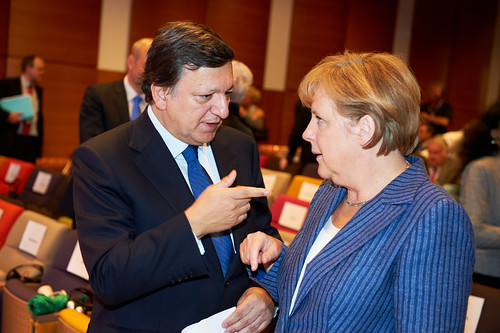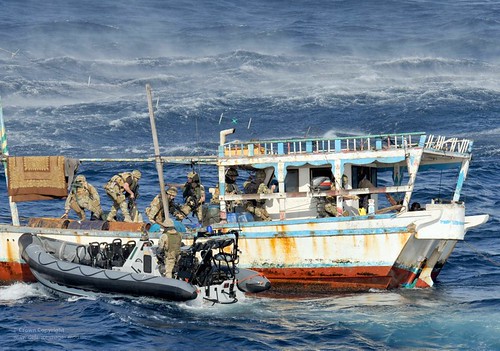
In 1948, the UN Truce Supervision Organization (UNTSO) was deployed as the first United Nations peacekeeping mission, mandated to monitor the Arab-Israeli ceasefire. In the aftermath of World War II, the international system had evolved into a bipolar order in which international actors were focused mostly on interstate disturbances and proxy wars. During this time, organized crime was mostly concentrated in cities such as Chicago, Los Angeles, New York, Naples, Palermo, and Tokyo, and of little significance to the international community. Peace operations and organized crime were separate and unrelated issues.



